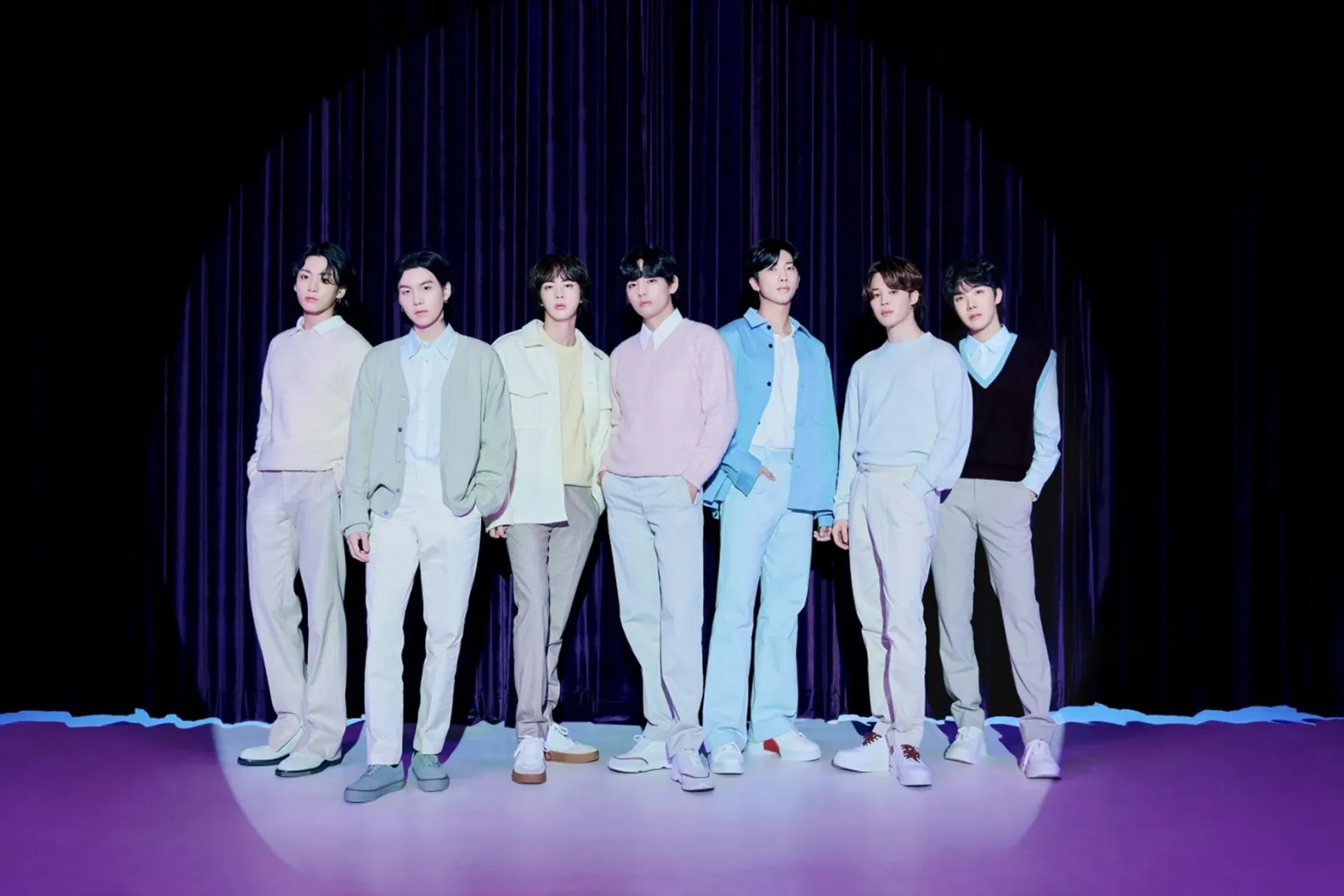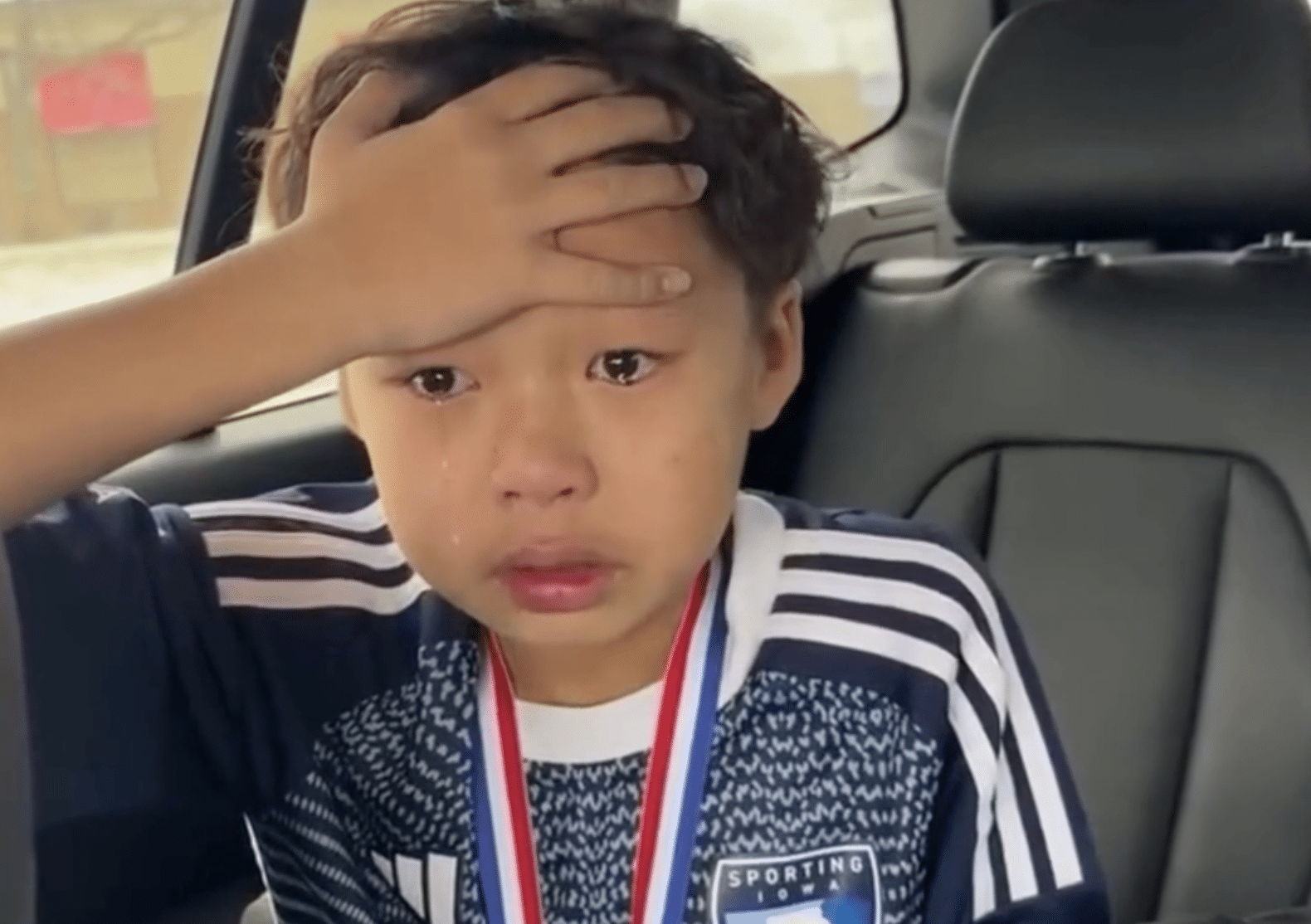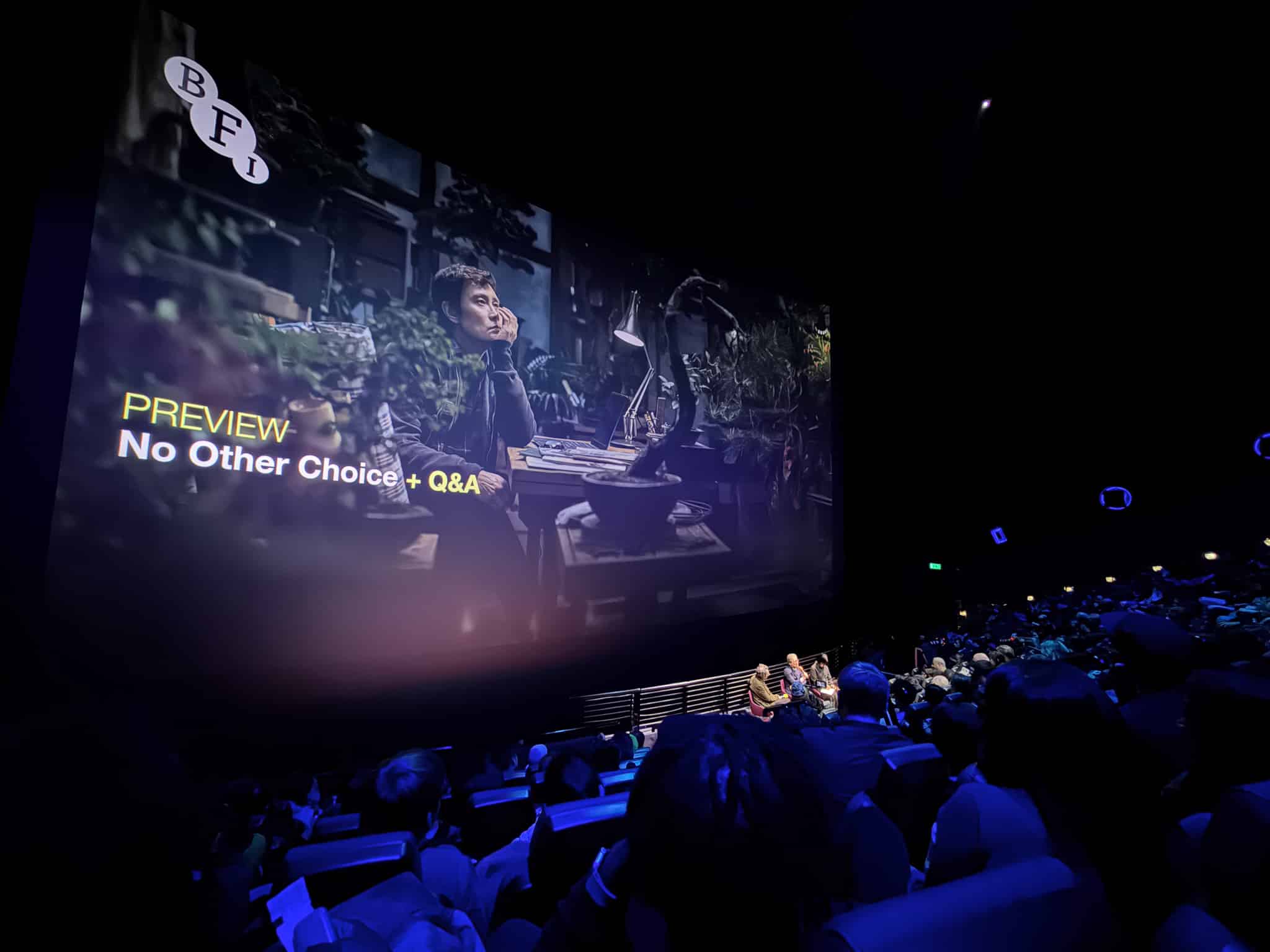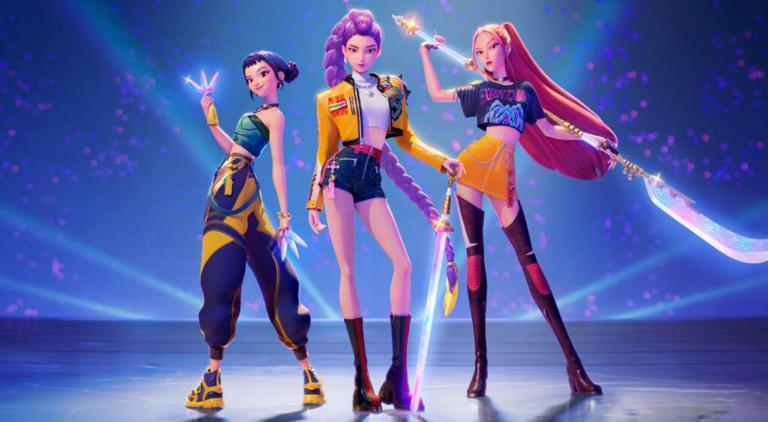A feminist blog has delved into the question of whether Asian Americans can self-appropriate.
In her post on Everyday Feminism, Ayesha Sharma writes that it is important for Asian Americans to reclaim their own culture to demonstrate that they are not stereotypes.
However, Sharma, who is a non-binary South Asian scholar, goes on to say that doing so could result in self-stereotyping.
“Reclaiming culture can also mean self-stereotyping,” Sharma writes. “And doing so can further perpetuate limited and harmful conceptions of who we are.”
Providing a historical context to her argument, Sharma states that Asian Americans used stereotypes for their own benefit. “After World War II and during the rise of U.S. imperialism, lots of Asians in the U.S. started to self-stereotype and assimilate in order to gain financial mobility and cultural acceptance,” she writes.
Sharma goes on to write that diaspora Asians are seen to have an incomplete knowledge of Asian culture. “No culture is the culture, and I think an important aspect of diasporic culture is negotiating the explicit or implicit messages we receive telling us we’re not fully complete.”
Again, Sharma criticises diaspora Asians for using stereotypes. “Sometimes diasporic people (whether for social capital or simply based on our understandings of Asian culture) can reproduce stereotypes when stereotypes are the limits of our exposure to Asian culture.”
Sharma then uses 20th century US born Chinese actress Anna May Wong as an example.
“Wong’s portrayal of these Orientalized roles widely influenced the image of Chinese American femaleness in the mainstream,” Sharma states. “Her roles perpetuated stereotypes in addition to narrow standards for the appearance and performance of Asian femininities.”
“While it isn’t her fault that white Americans were racist as hell, she did play a role in accepting these roles rather than challenging them.”
However, whilst Sharma claims Asians tend to self-stereotype for their own gain, the writer also believes it is due to American racism.
“[Wong] accepted the roles she did mostly because she was working with what she was given. She wanted to pursue a film acting career, so she did whatever that took.”
Sharma argues that overcoming self-stereotyping and self-appropriating is hard due to the ‘white supremacist world’.
“I don’t think it isn’t as simple as telling Asians of the diaspora that we need to quit irresponsibly reclaiming our cultures,” Sharma writes.
“It’s more a matter of deciding how we can heal while we’re existing in a white supremacist world that has constructed racist and reductive stereotypes in the first place, and checking ourselves on how we’re profiting from reproducing these stereotypes (and at whose expense).”
The writer concludes that self-stereotyping is certainly an issue but if it’s necessary, it’s ok.
“The matter of whether self-stereotyping is problematic also depends on how Asian diasporic people are benefitting from their self-stereotyping. If it’s for the sake of survival, great.”
“Some Asians very well could be riding the wave of U.S. anti-Blackness and imperialism to get ahead while exploiting others.”










